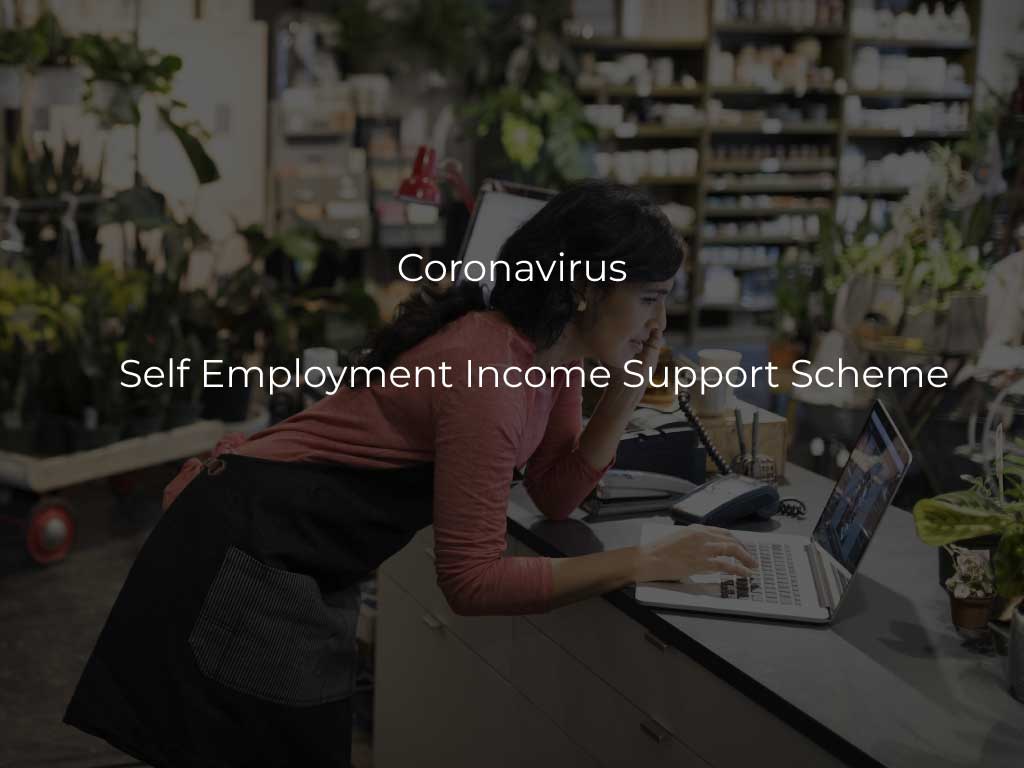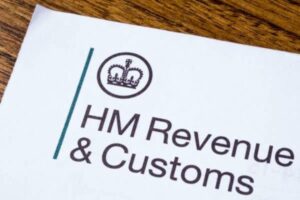What you need to know
Who can claim: Self-employed individuals or a member of a partnership (as long as certain eligibility criteria are met, see below). Limited companies and trusts are not entitled to claim.
How much can be claimed: The third grant will be calculated as 80% of the average of three months of trading profits, up to a maximum of £7,500. The level of the fourth SEISS grant is to be kept under review and will be set in due course.
Average trading profits is based on 2016/17, 2017/18 and 2018/19 with some exceptions for particular circumstances. This will not change for the third and fourth grants.
Subject to eligibility, the second, third and the fourth grants can be claimed even if previous grants were not claimed.
When can claims be made: The online claims portal will open in phases during the week beginning 30 November for applications for the third grant. Further details on the application process will be provided by HMRC in due course.
When will grants be paid: Grants are paid within six working days of the claim being submitted.
Who makes the application: Claims have to made by the taxpayer themselves and cannot be made by agents.
Who does the calculations: HMRC does all the calculations needed for the claims, using the information in the submitted tax returns. The taxpayer does not have to provide any figures.
Is the grant taxable: Yes, the grants are subject to income tax and self-employment national insurance contributions in the 2020/21 tax year. HMRC will provide a specific section in the 2020/21 self assessment tax return for the reporting of SEISS grants. It is possible that the fourth grant will be taxable in 2021/22, that has yet to be decided.
Eligibility criteria
First and second grants
Self-employed individuals and members of a partnership are eligible where the taxpayer:
- submitted their self assessment tax return for the tax year 2018/19 by 23 April 2020;
- traded in the tax year 2019/20;
- intends to continue to trade in the tax year 2020/21;
- carries on a trade which has been adversely affected by coronavirus.
HMRC has provided some guidance on the meaning of ‘adversely affected’. This includes being unable to work because the taxpayer is shielding, self-isolating or is on sick leave or has care responsibilities because of coronavirus. It also includes scaling down, temporarily stopping trading or incurring additional costs because:
- the supply chain has been interrupted;
- the business has fewer or no customers;
- staff are unable to work
- one or more of contracts have been cancelled; or
- protective equipment was purchased to comply with social distancing rules.
The lack of any mention of specific, measurable reductions in income is intentional. The taxpayer should keep evidence of the impact on their trade, but there is no link between the amount of the grant and the financial loss. The list is not exhaustive; for example, a business might be adversely affected if it has to write off a bad debt because a customer has ceased trading due to coronavirus.
The scheme specifically allows a claim where the trade has continued, so long as the trade is ‘adversely affected’. During the application process, the taxpayer is asked to confirm that they meet the eligibility criteria, but the importance of the questions may be missed by some and others may worry about them unnecessarily.
HMRC’s guidance was not specific about when a business needs to be adversely affected to qualify for a grant. This has now changed and to qualify for the first grant the business must have been adversely affected before or on 13 July 2020. To qualify for the second grant the business must be adversely affected after 13 July 2020. It is possible to qualify for and claim one grant and not the other. HMRC has published some examples to illustrate this but further clarity is needed.
The taxpayer’s trading profits must also be no more than £50,000 and more than half of their total income for either:
- the tax year 2018/19; or
- the average of the tax years 2016/17, 2017/18, and 2018/19.
The amount of the grant is based on the average trading profits for the relevant years. Examples are available in HMRC’s guidance. Note that the grant is calculated using the trading profits shown on the tax returns; no adjustment is made if the taxpayer traded for only part of a tax year. Amendments to returns made after 26 March 2020 are disregarded.
HMRC has published guidance for those with particular circumstances.
Third and fourth grants
The eligibility criteria for the third and fourth grants are changing.
To be eligible for the third and fourth grants, taxpayers must:
- have been previously eligible for the first and second SEISS grants (although they do not need to have claimed the previous grants),
- declare that they intend to continue to trade and either
– are currently actively trading, but are impacted by reduced demand due to coronavirus, or
– were previously trading, but are temporarily unable to do so due to coronavirus.
The requirements to be “actively trading” and to be “impacted by reduced demand” are new and HMRC is expected to publish further guidance to clarify the meaning of these terms.
What time period is covered?
The first grant was available to businesses adversely affected up to 13 July 2020, and the second grant was available to businesses affected on or after 14 July 2020.
The view that the first grant relates to March to May 2020, as mentioned in the original announcement by the Chancellor, has persisted although this aspect of the policy had been dropped by the time the direction was published on 30 April.
HMRC has confirmed to the Tax Faculty, that in relation to the periods covered by SEISS:
- The SEISS grants do not relate to any particular periods or seek to replace lost income over a particular period.
- SEISS is not intended to provide a month-by-month replacement of income.
- SEISS provides a lump sum payment to support eligible self-employed individuals whose businesses have been adversely affected by coronavirus. The sum is calculated by reference to three months’ average trading profits.
- Individuals can receive the full grant under the SEISS while continuing to work as long as their businesses have been adversely affected at the date of claim.
The extension announced on 24 September 2020 and updated on 22 October, 2 and 5 November 2020 provides two further grants. The qualifying period for the third grant runs from 1 November to the date of claim and the qualifying period for the fourth grant is expected to run from 1 February 2021 to the date of that claim. Although HMRC’s factsheet refers to the third grant as covering November to January and the fourth grant February to April it is more meaningful to regard these periods during which the eligibility criteria need to be met.
How to apply
HMRC did provide an eligibility checker but that has now been withdrawn.
HMRC is yet to provide full details about claiming the third and fourth grants, but the claims portal for the third grant is expected to open in the week beginning 30 November 2020.
The SEISS application portal closed for applications for the second grant on 19 October 2020. Applications for the first grant closed on 13 July 2020. Taxpayers log in to their government gateway account (or select the option to create an account) to complete the application process.
They are presented with a calculation of the amount of the grant and are asked to:
- read and accept the eligibility criteria;
- complete a declaration, including to confirm that the business has been adversely affected by coronavirus; and
- supply the bank account details into which they would like the grant to be paid.
The taxpayer does not need to provide any information about their income – the calculations are all done by HMRC based on the tax returns submitted.
Taxpayers should keep a copy of the calculation and a record of the claim reference number. It is also important to keep evidence that the business has been adversely affected by coronavirus, such as:
- business accounts showing a reduction in turnover;
- confirmation of any coronavirus-related business loans;
- dates the business had to close due to lockdown restrictions; or
- dates the taxpayer or their staff were unable to work due to coronavirus symptoms, shielding or caring responsibilities due to school closures.
HMRC will check the claim and expects to make payments within six working days of the application being submitted.



